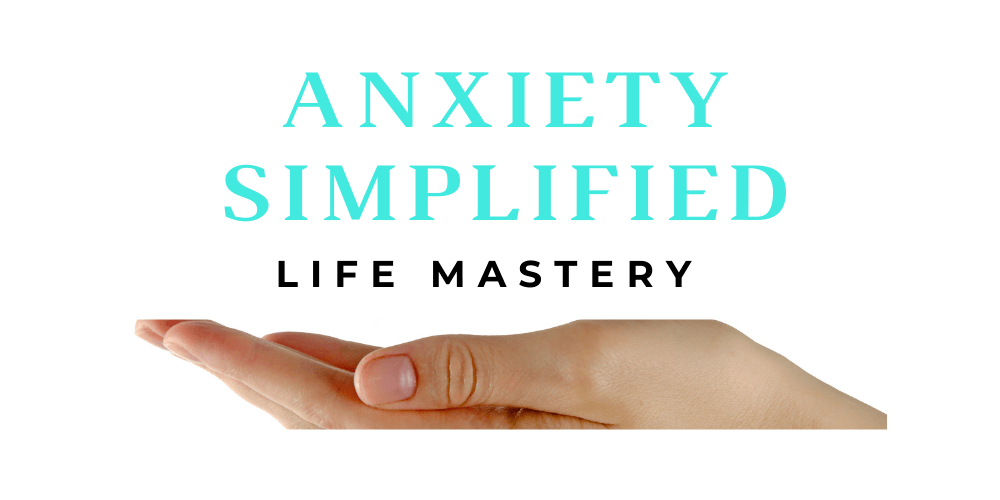Animals can Boost Your Self-Esteem. How you can get a certified confidence animal
It’s not difficult to see the many benefits that animals offer and we will present many benefits.
There is plenty of research on medical benefits and how they increase our self-esteem.

1
Is there Research that proves that Animals Boost your Self-esteem?
Not only is well-being increased for pet owners, also increases in self-esteem, research has found. A study from Miami University showed that people who owned pets had higher levels of self-esteem and were “less fearful and preoccupied” than people who didn’t own a pet. The study’s lead researcher, Allen R. McConnell, Ph.D., said people who were close to their pets were also closer to their friends and relatives.
2
Can we learn from our animals to build our confidence?
Our animal friends don’t try to be something else or compare themselves to other animals; they’re not envious and full of jealousy. They are much happier not having to deal with an ego that encourages wanting to be something or someone else.
They’d rather just accept the beautiful person (inside and out) that we are. They are always so happy to see you return home to give you that warm feeling they gives that can’t be matched. They look at you with such adoration, can make us feel important and needed.
3
Do confidence animals make you more fit that will equal better confidence?
Studies have found that pet owners tend to be physically fit and partake in more exercise than non-pet owners. This is because our animals, especially dogs, encourage us to get more exercise.
When we have to exercise our canine friends, it’s not so much a choice, but something we do for this creature we love. When we get more exercise we release good neurochemicals, which in turn boosts our self-esteem.
4
Health Benefits to having a confidence animal.
- • Pet Your Stress Away-10 minutes of interacting with cats and dogs produced a significant reduction in students' cortisol, a stress hormone
- • Immune system functioning effects of Petting a dog. There is research that shows that dogs and their owners share much of the same gut bacteria, reducing the risk for immune disorders, as asthma & allergies.
- • Studies show having a canine companion is linked to lower blood pressure, reduced cholesterol & decreased triglyceride levels, contributing to better overall cardiovascular health fewer heart attacks with improved Heart Health and with less days out of work and lower medical costs.
- • Keep you fit and active- A study found that older adults who walked dogs experienced lower body mass index, fewer activities of daily living limitations, fewer doctor visits, more frequent moderate & vigorous exercise
- • Help you lose weight. Residents who walked “loaner” dogs 5 times a week lost an average of 14.4 pounds over a year and had lowered Gym costs.
- • Improve your social life- Research found about 40 percent make friends more easily, speak with other dog owners during walks and open up easily
- • Reduce stress- Spending just a few minutes with a pet can lower anxiety, blood pressure, increase levels of serotonin and dopamine that plays roles in calm and wellbeing. People performing stressful tasks do better when there’s a dog around, ease tension both at the office and between married couples, easing depression for a variety of people, old and young, sick. Creating less marriage counseling cost and medical bills.
- • Add Meaning & Purpose- Dogs help create structure and meaning to your life, help prevent loneliness, isolation. It can be a key in staving off cognitive decline & diseases.
- • Stave off Depression- Dog owners are less prone to depression than the dog-less owners because they help in many other areas of health and wellbeing. They are receiving love and attention without conflict or confrontation.
- • Prevent Grandkids’ Allergies- Recent research shows dogs and cats lower a child’s chance of becoming allergic to pets -up to 33% and may develop stronger immune systems, saving medical costs and sick days
- • Reduce doctor visits by 30%- A study established If you’re over 65 and own a pet, you seek medical help about 30 percent less often than people who don’t have a pet. Animal-owning seniors “reported fewer doctor contacts over the 1-year period than respondents who did not own pets. “Owners of dogs were buffered from the impact of stressful life events.
- • Battle disease and injury- It’s believed that owning a dog can help detect, treat, and manage a variety of illnesses and debilitations. Some dogs have been trained to sniff out skin, kidney, bladder, and prostate cancer, among others. You may need less medical testing less with co pay cost.
- • Both types of service dogs for Psychiatric as well are for medical reasons like blindness, hearing impaired are known to benefit people. Everything from traumatic brain injury to rheumatoid arthritis, increasing mobility and promoting independence and other medical needs. Psychiatric Service dogs help with tasks associated with depression, helping them to get out of bed, lowering anxiety to fly without panic attacks or the symptoms of Post-Traumatic Stress Disorder (PTSD) from traumatic experiences that have happened in their lives to give them more confidence to socialize more and many other symptoms. The Americans with Disabilities Act (ADA) covered these as a disability.
5
Do you qualify for an emotional support pet?
• You can see if you qualify for an Emotional Support Animals (ESA) at ESApros.com. Take the prequalification test to see if you can have your animal with you in housing to help with a daily functioning, like your sleep, concentration, or your social functioning under the federal law the Fair Housing Act (FHA). ESAs are known to help calm and reassure clients affected by autism, anxiety, stress or loss, depression.
Alzheimer’s patients are soothed by dogs, whose companionship also mitigates emotional flare-ups and aggression. You can get an Emotional Support Animal (ESA) Psychological Evaluation from Next Generation Psychology. You will receive a Letter recommending your animal to live with you even in “No pet” Housing, no fees, breed or weight restrictions, under the Fair Housing Act.
6
Can you get a Psychiatric Support Dog?
You can see if you qualify for a Psychiatric Service Dog (PSD) from Next Generation Psychology to receive a Letter, a photo ID of your dog verifying that your dog does a task for you to help your psychology symptoms and go to stores, restaurants, hotels with you. go at ESApros.com.
A Psychiatric Service Dog (PSD) under the Americans With Disabilities Act (ADA) “trained” to recognize and respond to an emotional issues like emotional wounds of war from PTSD symptoms of anxiety or depression then mitigates the severity of the psychiatric symptoms. You can train your dog, or professional trained or the Dog can intuitively train itself. The ADA covers dogs to go in public places and public transportation.
Final thoughts on ways that a confidence animal can help.
They don’t call a dog, ‘man’s best friend’ for no reason. Dogs can be a companion to comfort us with grief and loss or even with deeper wounds of war or mental health issues. Dogs are now used at airports to calm the hectic environment, or for finding drugs or bomb sniffing. I have had more than one client tell me they would have committed suicide, if their dog hadn’t walked in on them. Our dogs help us in so many ways, not only with building our self esteem and confidence. Learn more at ESApros.com
Stop Panic Attacks Now
This course is video based to be able to re listen to over and over again with a workbook to follow again or reuse you conquer one trigger you can see your progress to feel you can do this!
Click this link to take your first steps out of having panic attacks forever. Take a >Video 3 Step Course on how to Crush Panic Attacks with Joanne Williams, LCSW< Learn from a 30-year mental health professional. In this course, the 2nd step teaches the 4 and 8 Vagus breathing, to get that immediate calming.
Contact Joanne Williams for a free 10-minute consultation on you best next step or how to get certified for an Emotional Support of Psychiatric Service dog at 760-485-6784.
Disclaimer: This article is by no means a replacement for medical attention or therapy, please take care of yourself and ask for the help you need.

